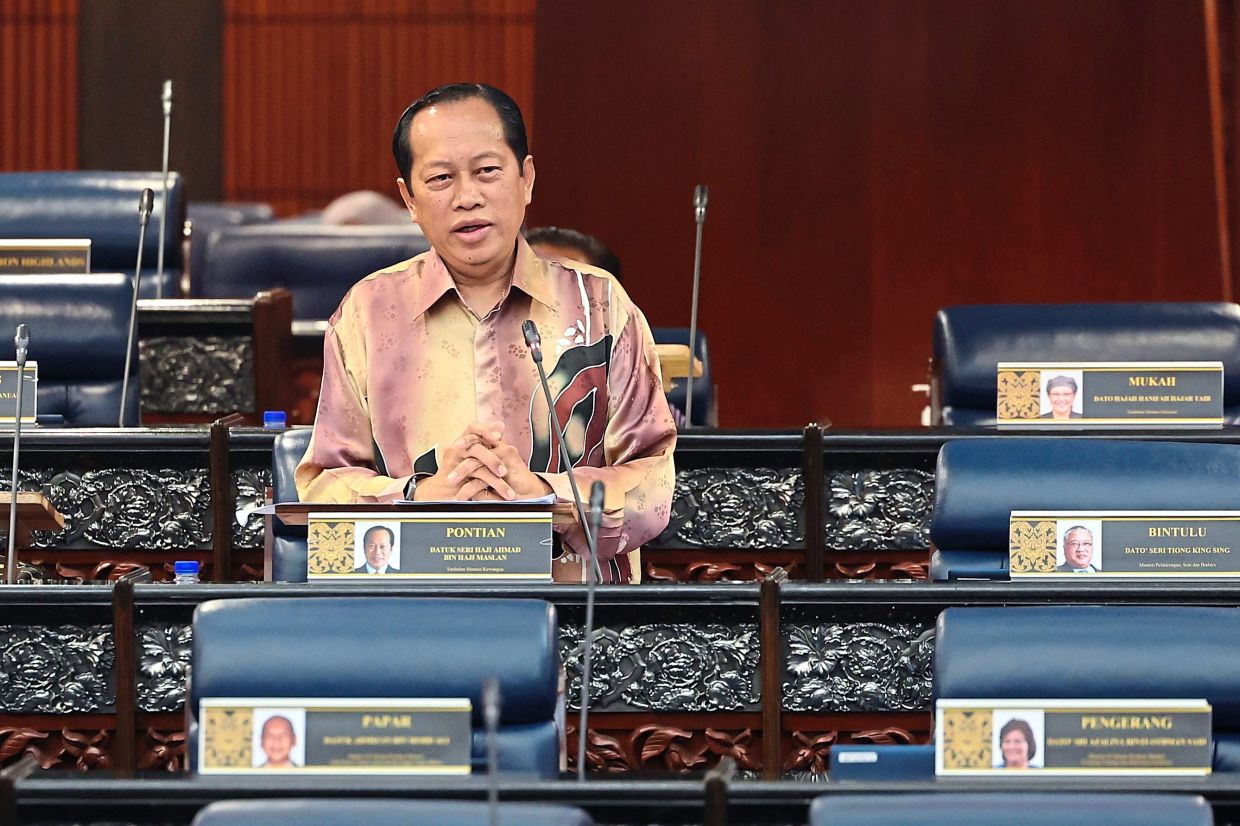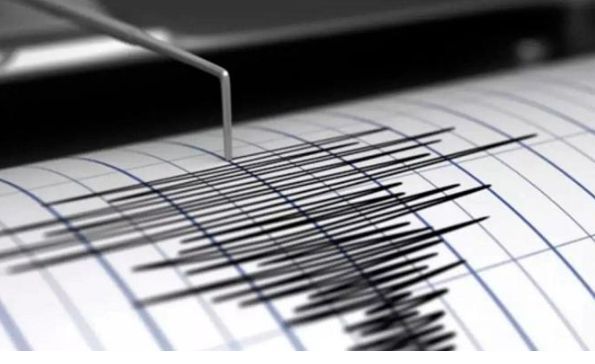
Country’s income: Ahmad giving his replies during Question Time in Dewan Rakyat. — Bernama
WHILE the goods and services tax (GST) will not be implemented this year, it does not mean that there is no possibility of reintroducing it, says Deputy Finance Minister Datuk Seri Ahmad Maslan.
“Putrajaya plans to implement progressive taxes such as the luxury goods tax, the capital gains tax on the disposal of unlisted shares and vape tax.
Save 30% and win Bosch appliances! More Info










































